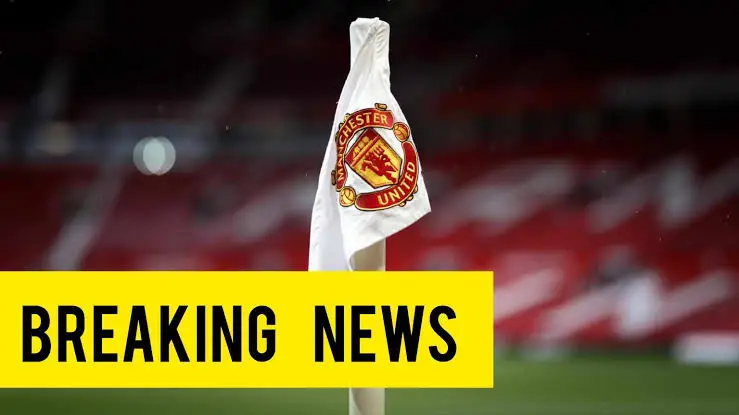Manchester United’s New Era Begins With a Shock: Onana Benched
Reuben Amorim’s reign at Manchester United has kicked off with a decision that has surprised many across the football world.
In a bold and calculated move, the Portuguese manager left out André Onana, the club’s £47.2 million goalkeeper, from United’s Premier League opener against Arsenal.
This omission sent shockwaves through Old Trafford, sparking debates over whether the Cameraman shot-stopper’s once-secure role as the club’s No.1 is now under threat.
Onana arrived from Inter Milan in the summer of 2023 with high expectations, seen as the ideal successor to David de Gea.
Brought in for his ability to build play from the back, his command of distribution, and his Champions League pedigree, he was expected to bring stability to United’s goal.
Instead, his two seasons in Manchester have been plagued by inconsistency, high-profile mistakes, and questions about whether he is truly suited to the pace and demands of English football.
A Rocky Spell at Old Trafford
What was meant to be a defining transfer for Erik ten Hag’s rebuild has turned into a source of frustration. Onana conceded 66 goals in his debut campaign, with several errors under the spotlight. His difficulties only grew in the following season, where United’s defensive fragility exposed him further.
According to reports, he has led in 148 goals in just two years, including 102 in the Premier League alone. That averages out to 1.4 goals per game — a figure considered far too high for a team competing at the top.
His lowest moment came in a Europa League clash against Lyon, where two glaring mistakes led directly to goals.
The backlash was swift: pundits questioned his reliability, while fans flooded social media with criticism, suggesting United had made an expensive miscalculation.
Amorim Sets the Tone
Ahead of the Arsenal clash, Amorim was pressed on his decision to leave Onana out. While careful with his words, his message was unmistakable: “André is like any other player — he has to fight for his place. I’m not going to label anyone as an automatic No.1.”
This stance reflects Amorim’s reputation as a merit-driven manager. At Sporting Lisbon, he was known for rewarding form and discipline rather than reputation.
Senior players were benched if performances dipped, while younger talents were given opportunities.
Bringing that same ruthlessness to Old Trafford, Amorim has made it clear that no one — regardless of transfer fee — is untouchable.
United’s Goalkeeping Dilemma
Despite Onana’s troubles, the club chose not to bring in a replacement during the summer window. Offers in the region of £35 million were rumored, but no club moved seriously, partly because of his wages and erratic displays.
Instead, United focused on attacking reinforcements, spending £210 million on Benjamin Šeško, Matheus Cunha, and Bryan Mbeumo.
That left the goalkeeping situation unresolved. Altay Bayındır, brought in as a backup, has failed to convince, while veteran Tom Heaton remains largely a squad figure at 38.
The result is a paradox: United still depends on Onana, yet his grip on the starting role is no longer guaranteed.
Why Onana Has Struggled
Several factors explain his decline. The transition from Serie A to the Premier League has proven difficult. England’s fast pace, aerial duels, and constant pressing demand near-perfect concentration, and Onana’s sweeper-keeper instincts have often left him vulnerable.
Compounding this is United’s defensive instability. Frequent injuries to key defenders such as Raphael Varane and inconsistent performances from Harry Maguire have meant Onana rarely enjoys a settled backline.
On top of that, the mental strain of replacing De Gea — a fan favorite and club legend — has only added pressure.
His distribution remains impressive, but critics argue he lacks the consistent shot-stopping ability of rivals like Ederson or Alisson.
Divided Opinions
The fanbase is split. Supporters calling for patience argue that goalkeepers take time to adapt, and Onana’s past performances at Inter show he has the quality to succeed. Others are less forgiving, insisting that United cannot challenge silverware with him in goal.
On social media, every error is magnified, fueling the perception that he is unreliable. In football, perception can be as damaging as actual performance — and for Onana, both have been working against him.
Amorim’s decision to bench him may prove to be a turning point: either the wake-up call Onana needs to rediscover form, or the start of a gradual phasing out.
One thing is certain — Manchester United’s new era will demand accountability, and for Onana, the fight for redemption has only just begun.
